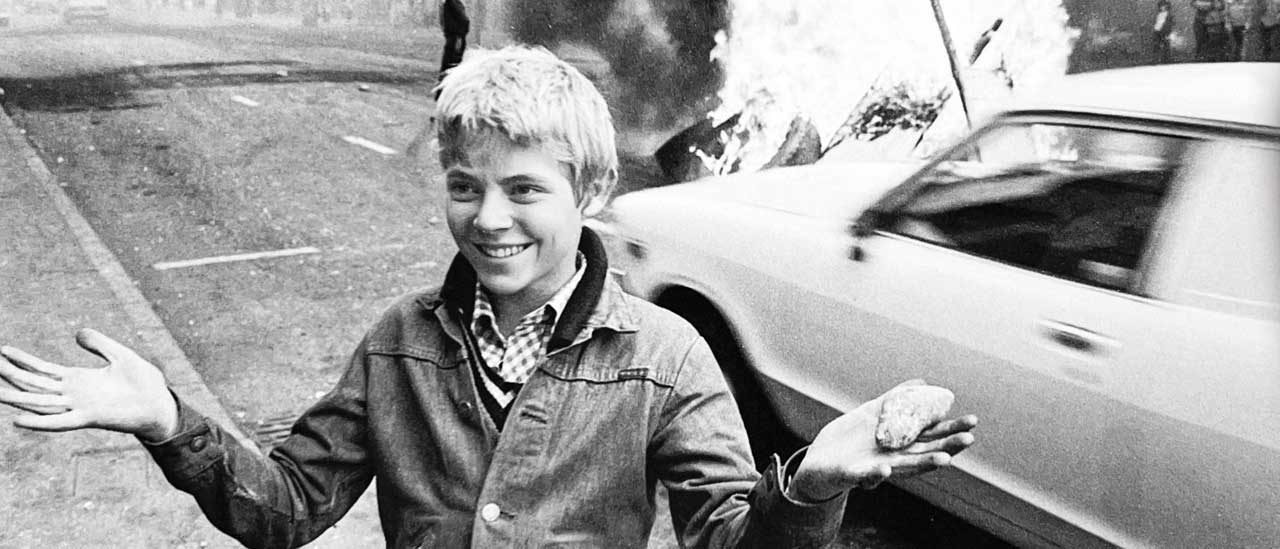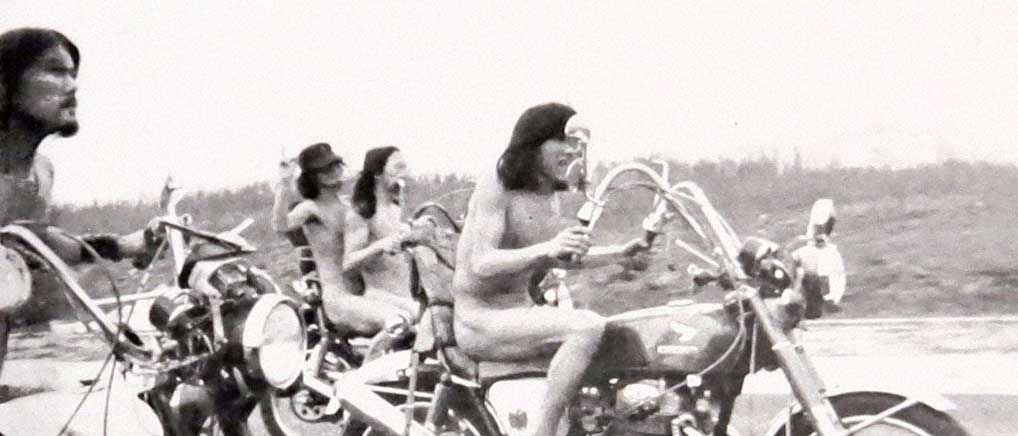You can trust Louder
Once more back to basics, dear friends. Green Day may have strayed a little from the Welcome To Paradise path over the past three decades – into punk opera, grandiose rock balladry or, as on 2020’s last album Father of All Motherfuckers, garage rock’n’roll – but eventually they always steer back into their melodic punk hammer lane. Singer Billie Joe Armstrong has described their 14th album Saviors as bridging the gap between 1994’s Dookie and 2004’s American Idiot, and there it certainly sits; part hurtling punkarama, part political rock drama.
It’s a style that Green Day pioneered and epitomise, and they appear to be fitted with creative ankle tags stopping them wandering too far from it. Opener and first single The American Dream is Killing Me, held over from Father… to avoid making that album too political, firmly stakes out the territory. “My country under siege,” Armstrong sings in his gung-ho punk bawl, pinpointing the issues of unemployment, homelessness and conspiracy acceptance over swashbuckling stadium punk and chamber pop interludes.
But this touch of American Idiot’s political charge doesn’t stampede across the album. Strange Days Are Here to Stay, Living in the ‘20s and the full-throttle Coma City – power punk tracks as catchy as Green Day have ever been – reference widespread racism, gun violence and the billionaire space race (or “assholes in space”, as Armstrong succinctly puts it). Otherwise, Saviors is as personal as a therapy confession.
Emotionally, the record ricochets from the Weezer-like meet-cute Bobby Sox, full of first-flush romance, to far darker fare. One Eyed Bastard, all menacing biker rock, is pure vengeance, a wronged Armstrong declaring “vendetta is a friend of mine” and telling his adversary to “get on your knees, you are kissing my ring”.
Dilemma appears to confront the demons at the bottom of the bottle: “I was sober, now I’m drunk again… I don’t wanna be a dead man walking,” Armstrong sings, imitating at times a ‘50s red-eyed crooner. He ends up, on the theatrical finale Fancy Sauce, literally bouncing from the walls of a “rubber room” for his own protection, punk’s most famous basket case finally tipping over the edge.
If the record largely reads like a howl of desperation at all political and personal control being lost, though, it sounds very much in cruise. When it veers stylistically from melodic punk’s centre line it’s only as far as dreamy folk pop (Suzy Chapstick) or, quite charmingly, Oasis. The title track could be an emo rewrite of Some Might Say and Father to a Son, a heartfelt tribute to Armstrong’s children, rises to a Beatledelic climax as if auditioning for the next Liam Gallagher solo album. For the most part, though, Saviors is the sound of reassuring rebellion from the midst of the 21st Century breakdown.
Sign up below to get the latest from Classic Rock, plus exclusive special offers, direct to your inbox!
Mark Beaumont is a music journalist with almost three decades' experience writing for publications including Classic Rock, NME, The Guardian, The Independent, The Telegraph, The Times, Uncut and Melody Maker. He has written major biographies on Muse, Jay-Z, The Killers, Kanye West and Bon Iver and his debut novel [6666666666] is available on Kindle.


